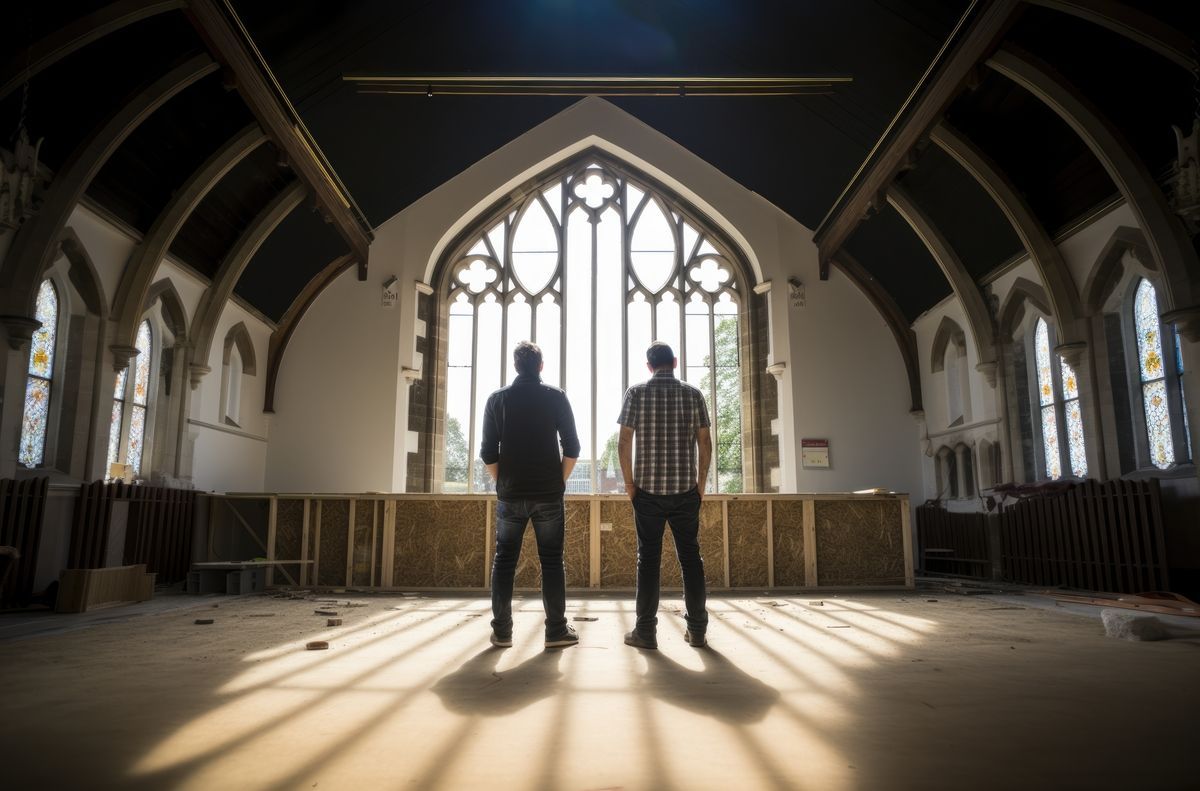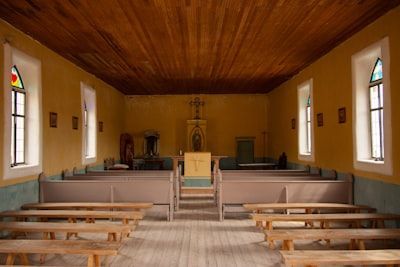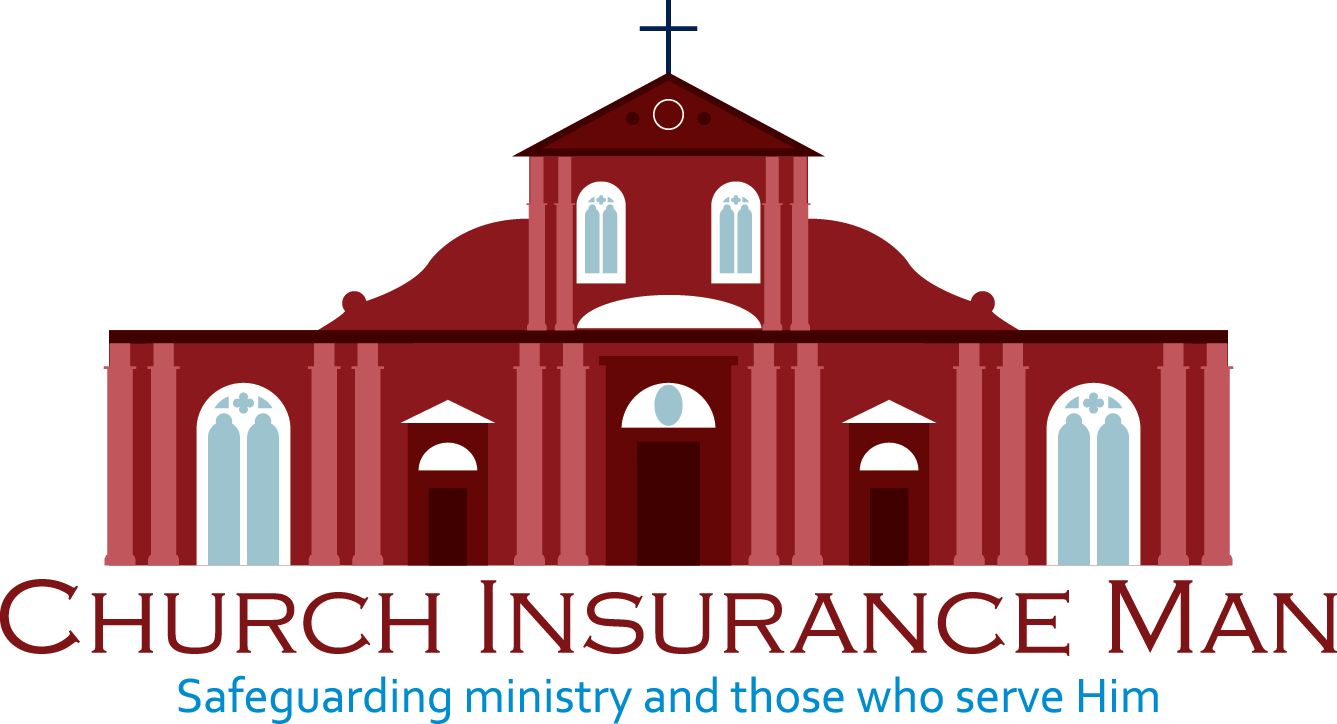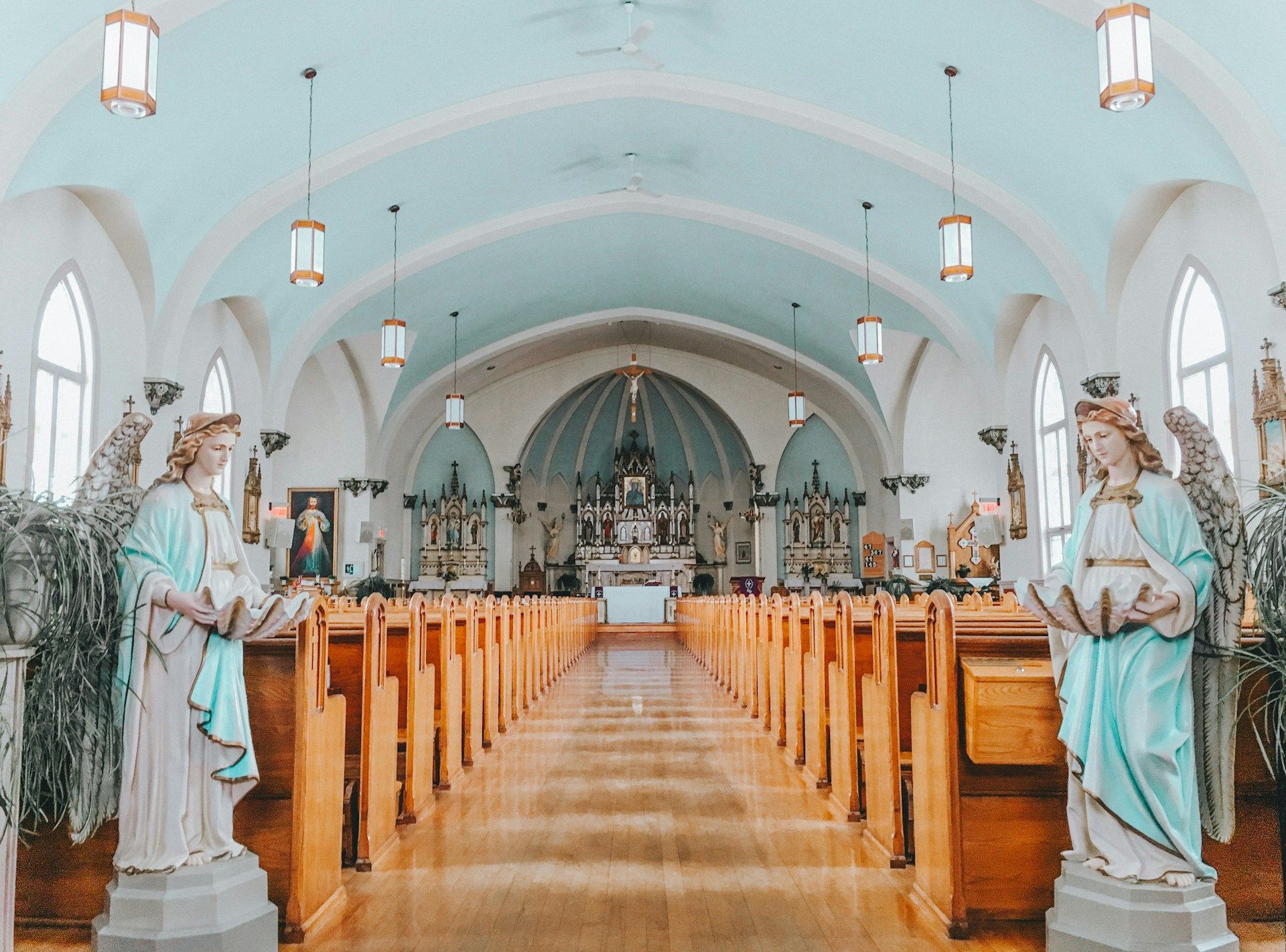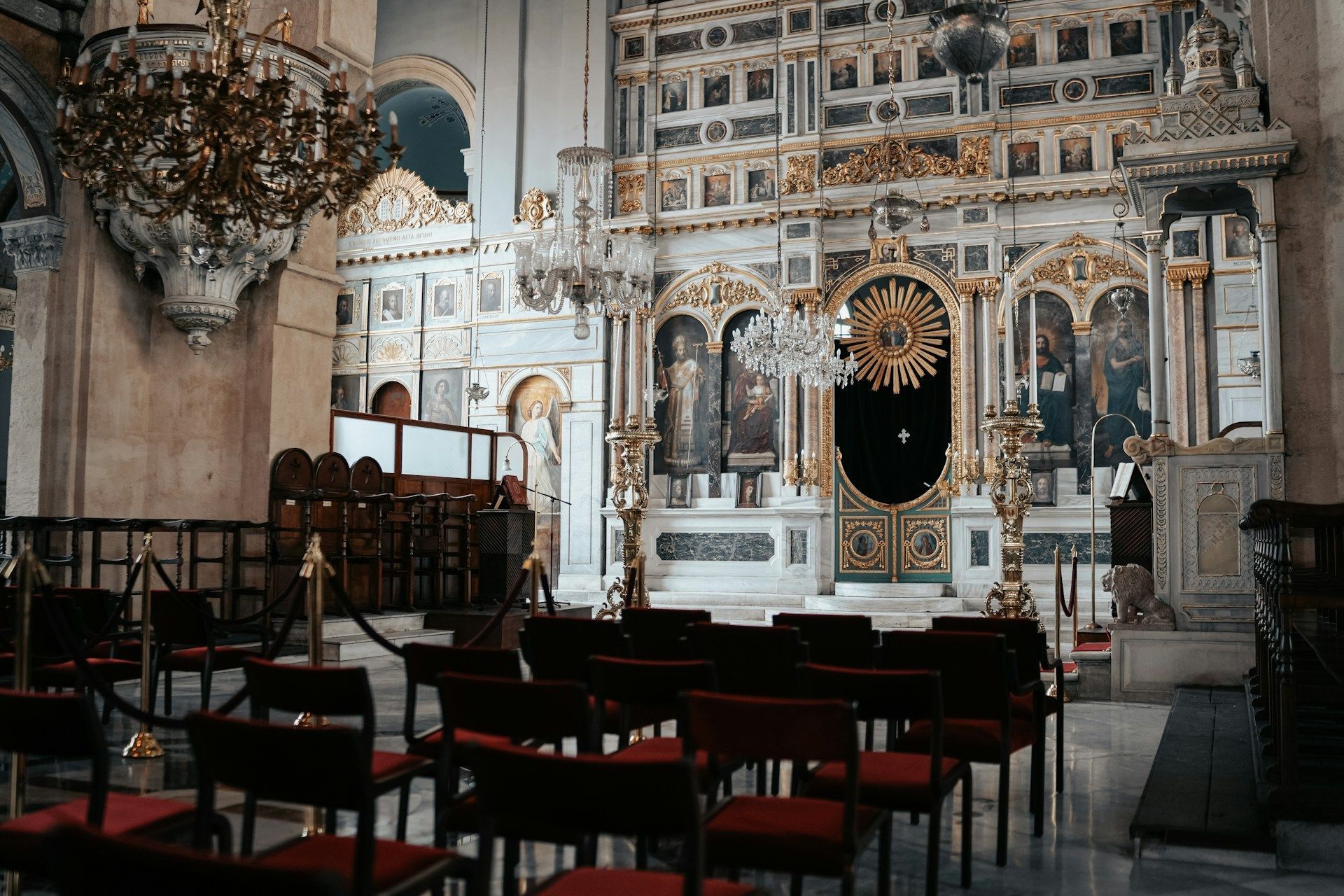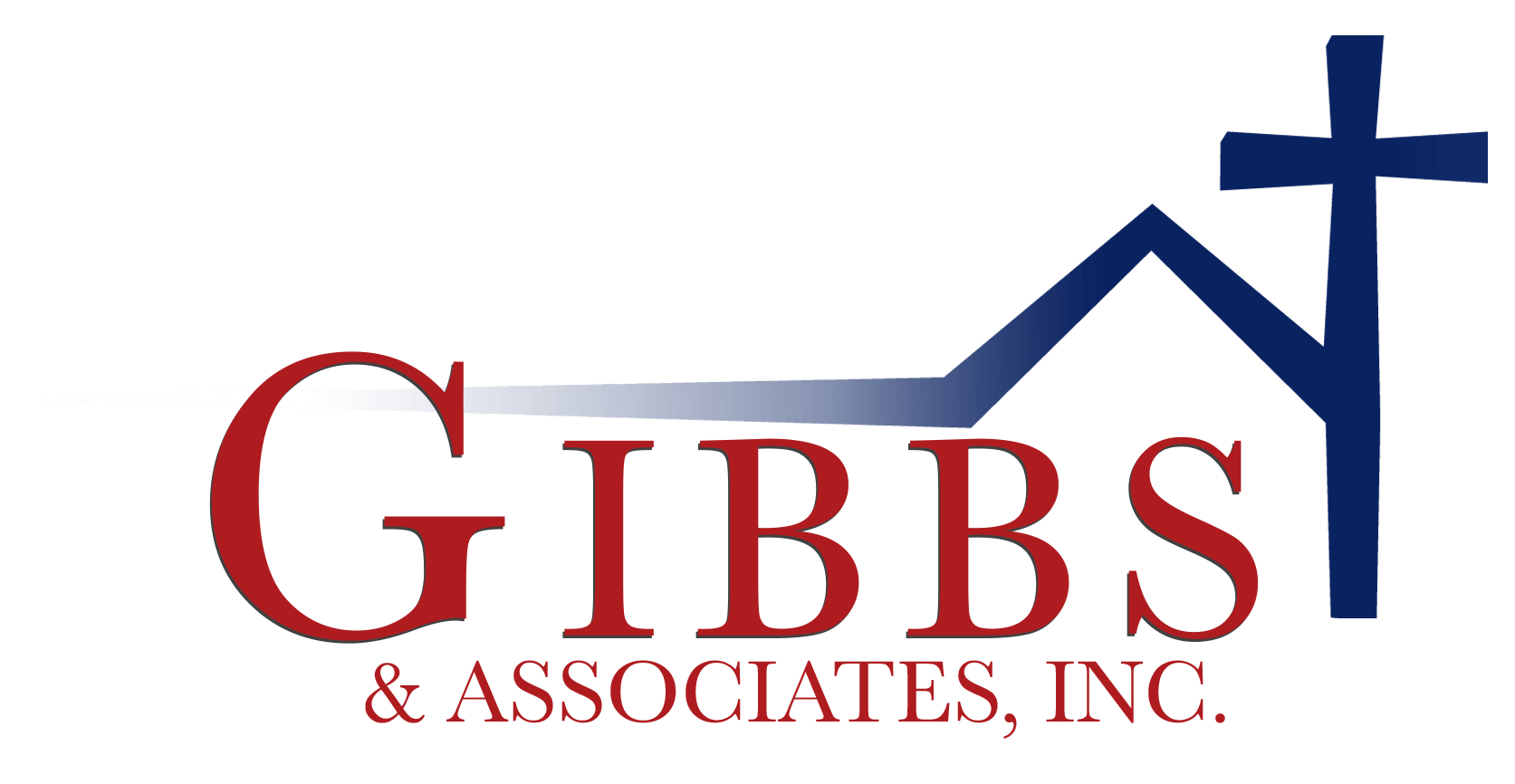March 21, 2025
The Importance of Workers' Compensation Insurance for Churches Churches serve as places of worship, community gathering spaces, and workplaces for clergy, administrative staff, maintenance crews, and volunteers. While ministry work is often seen as primarily spiritual in nature, the daily operations of a church involve physical labor, event planning, and facility management—all of which come with risks. Employees and volunteers may be exposed to injuries just as they would in any other work environment. Workers' compensation insurance provides financial protection for churches in the event of workplace injuries, covering medical costs, lost wages, and rehabilitation expenses. This insurance ensures that churches can continue their mission without financial disruption from unexpected claims. Church Insurance Man specializes in helping churches secure the right workers' compensation coverage , ensuring compliance with state regulations while protecting both employees and volunteers. Understanding Workers' Compensation Insurance What Workers' Compensation Insurance Covers Workers' compensation insurance is designed to provide benefits to employees who suffer work-related injuries or illnesses. Coverage typically includes: Medical expenses for doctor visits, surgeries, hospital stays, and rehabilitation services. Wage replacement for employees who are unable to work due to an injury. Disability benefits for workers who experience long-term or permanent impairment. Death benefits, including funeral costs and survivor benefits for dependents. For churches, having workers' compensation insurance means that employees and eligible volunteers receive the financial support they need without placing an undue burden on the church. Who Needs Coverage in a Church Setting? Not all churches realize that they need workers' compensation insurance, but many states require it for certain types of employees. Those who may need coverage include: Full-time and part-time staff, including pastors, office administrators, and custodial workers. Volunteers who assist with church operations, particularly those performing physical labor. Contracted workers who may not be covered under general liability policies. State laws regarding workers' compensation coverage for religious organizations vary. Churches should review their obligations with an insurance provider like Church Insurance Man to ensure compliance and adequate protection. How Workers' Compensation Insurance Protects the Church Workers' compensation insurance is not just about protecting employees; it also safeguards the church itself. Benefits include: Preventing financial strain from medical expenses and lost wages. Reducing the risk of lawsuits from injured employees. Demonstrating a commitment to employee and volunteer well-being. Having the right coverage minimizes liability risks and ensures the church can continue operating without major disruptions. State Regulations and Legal Considerations Understanding State Requirements for Workers' Compensation Every state has its own regulations regarding workers' compensation insurance for churches and religious organizations. Factors that determine coverage requirements include: The number of employees working for the church. Whether volunteers are included under workers' compensation laws. The church's classification under state labor regulations. Failing to comply with state requirements can lead to legal and financial consequences, including fines and lawsuits. Churches should consult with Church Insurance Man to ensure they meet state guidelines. Workplace Risks in Churches Churches serve as places of worship and community engagement, but they also function as workplaces for clergy, staff, and volunteers. Ensuring a safe environment is essential to preventing injuries and reducing workers’ compensation claims. Identifying potential hazards allows churches to take proactive safety measures and secure the right insurance coverage. Preventing Workplace Injuries in Churches Church employees and volunteers face daily risks that can lead to serious injuries. Common hazards include: Slips, trips, and falls – Wet floors, uneven surfaces, and poor lighting in hallways, stairwells, and parking lots increase fall risks. Lifting injuries – Moving furniture, setting up events, and carrying supplies can cause muscle strain if done improperly. Kitchen accidents – Burns, knife injuries, and spills are frequent in church kitchens. Churches can minimize risks by installing slip-resistant flooring, providing proper lifting equipment, and enforcing safety protocols. Facility Maintenance and Safety Risks Regular upkeep of church buildings and grounds introduces additional workplace hazards, such as: Ladder and scaffolding falls – Changing lightbulbs, cleaning, and decorating without proper precautions can result in serious injuries. Electrical hazards – Poor handling of sound systems, stage lighting, and wiring increases the risk of electric shock or fire. Exposure to hazardous materials – Cleaning chemicals, mold, and dust can cause respiratory issues without protective gear. Churches should implement safety measures, provide proper training, and ensure staff and volunteers use protective equipment to reduce workplace injuries. Health Risks for Church Staff Beyond physical hazards, church employees face non-physical health risks that can impact their well-being and productivity. These include: Stress and burnout – Pastors, ministry leaders, and staff managing church operations often experience high levels of emotional and mental strain. Repetitive strain injuries – Prolonged computer use, administrative work, and improper ergonomics can lead to chronic pain and muscle tension. Exposure to illnesses – Staff members working in childcare ministries or community outreach programs are at higher risk of contracting contagious diseases. Encouraging work-life balance, implementing ergonomic office solutions, and promoting health awareness can help mitigate these risks. Protecting Churches With Workers’ Compensation Insurance By recognizing these hazards and implementing effective safety protocols, churches can create a safer work environment for employees and volunteers. Workers' compensation insurance from Church Insurance Man ensures financial protection for churches by covering medical expenses, lost wages, and rehabilitation costs in the event of a workplace injury. Reviewing insurance policies regularly and prioritizing safety measures can help churches safeguard their ministry and those who serve it. Risk Management Strategies for a Safer Church Workplace Enhancing Church Safety and Preventing Workplace Injuries Churches can reduce workplace injuries and meet insurance requirements by implementing structured safety plans. A well-maintained property lowers accident risks and minimizes workers’ compensation claims. Key Safety Measures for Churches Regular Inspections – Check stairways, walkways, and gathering areas for slip hazards, ensure proper lighting, and inspect electrical systems, HVAC units, and kitchen appliances for fire risks. Proper Safety Equipment – Provide gloves, masks, and eyewear for maintenance staff, back braces for heavy lifting, and fire-resistant gloves for kitchen workers. Proactive safety measures help protect staff, volunteers, and congregation members while ensuring compliance with insurance policies. Developing a Workplace Safety Program A structured workplace safety program reinforces best practices and helps create a culture of accident prevention. Churches should: Implement written safety procedures for handling electrical work, food preparation, and facility maintenance. Conduct regular training sessions on injury prevention, emergency protocols, and safe equipment usage. Maintain incident reports to track safety concerns and adjust policies as needed. By proactively addressing workplace safety, churches can reduce the risk of injuries and ensure a safer environment for staff, volunteers, and congregation members. Encouraging Prompt Reporting of Injuries When workplace injuries occur, quick reporting and response can prevent complications and ensure proper care. Churches should: Establish a clear injury reporting system that outlines who to notify and what steps to take. Ensure staff and volunteers feel safe reporting incidents without fear of retaliation. Work with an insurance provider to efficiently process claims and provide necessary medical support. By fostering a safety-first mindset and partnering with a trusted insurance provider, churches can reduce the severity and frequency of workplace injuries while protecting their ministry’s financial stability. How Church Insurance Man Supports Churches With Workers' Compensation Coverage Securing the right workers' compensation insurance can be complex, but Church Insurance Man simplifies the process by: Offering policies tailored specifically for religious organizations. Helping churches navigate state regulations and compliance requirements. Providing risk management guidance to reduce workplace injuries and insurance claims. Churches that partner with Church Insurance Man receive expert advice and comprehensive coverage designed to protect both their staff and their ministry. Protecting Your Ministry With the Right Workers' Compensation Coverage Workers' compensation insurance plays a vital role in maintaining a safe and financially secure church environment. With risks ranging from maintenance-related injuries to health concerns for staff and volunteers, having the proper coverage ensures that churches can support their employees while protecting the organization from unexpected expenses. Church Insurance Man helps churches find the right workers' compensation insurance, providing peace of mind and compliance with state regulations. Reviewing insurance policies regularly and implementing safety measures can further reduce risks and strengthen a church’s commitment to workplace safety. For churches looking to secure workers' compensation coverage, Church Insurance Man offers tailored solutions designed to meet the unique needs of ministries. Contact Church Insurance Man today to learn more about protecting your staff, volunteers, and church operations.


